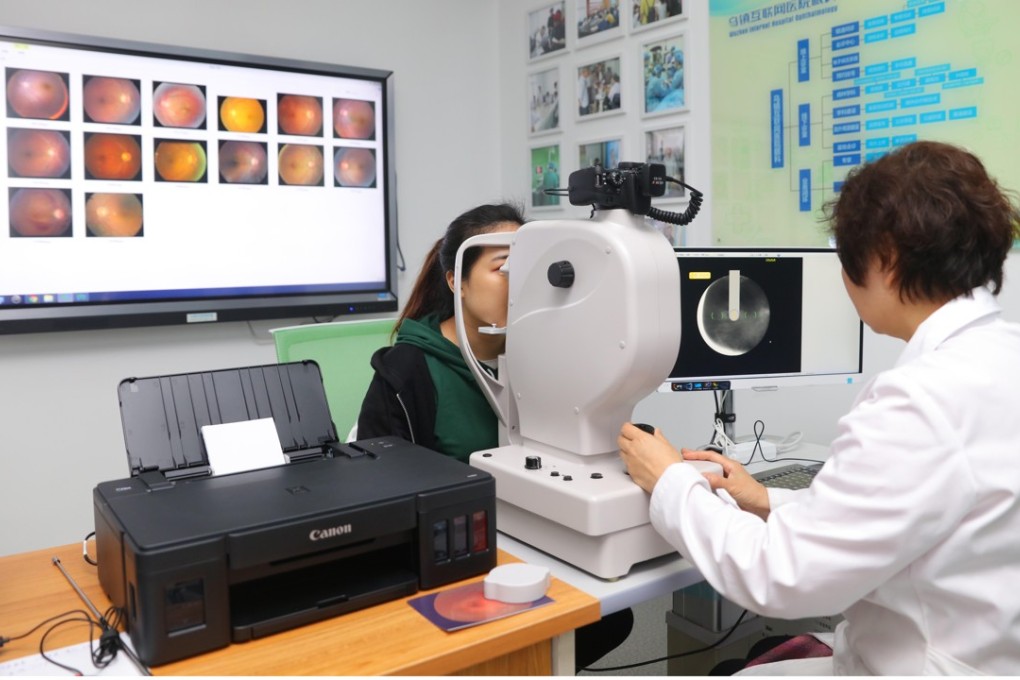China moves a step closer to national health care network with Guizhou data centre

China will soon connect a data centre in remote Guizhou province to four others spread around the country as the latest step in building the infrastructure for a national health care data network.
A regional data centre based in Guiyang, the capital of Southwestern Guizhou province, is expected to open in June, providing the final link to a national health data network whose goal is to provide a personalised health profile for each citizen, ranging from clinical records to dietary guidelines, according to Jin Xiaotao, chairman of China’s Health Information and Big Data Association.
Guizhou will be one of five data centres across the country, each overseeing five to seven neighbouring provinces for “health data collection and integrated analysis”, Jin said at the Big Data Expo held in Guiyang last week.
“Premier Li Keqiang has called for the health industry to grow into a crucial pillar of the national economy,” said Yu, who is former deputy director of the National Health and Family Planning Commission. As an economic pillar, the sector would account for more than 10 per cent of GDP, equal to 8 trillion yuan (US$1.2 trillion) based on last year’s figures.
Considered the “new currency” in the world of health care, data is especially valuable once it is pooled on a mass scale to enable “data mining” to provide clinical and operational insights, Deloitte said in its 2018 Global Health Care Outlook report. Technology companies worldwide are using cloud computing to connect hospital databases and applying algorithm-driven analysis of records like X-rays and retina scans to identify and compare patterns to aid diagnosis.